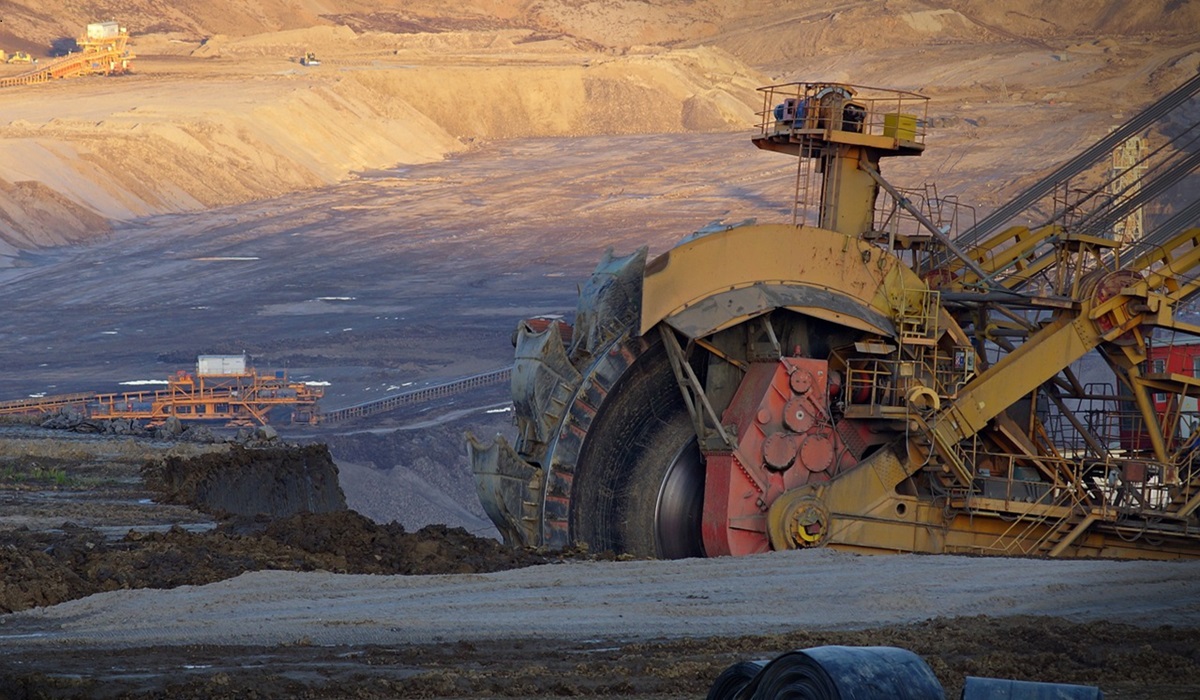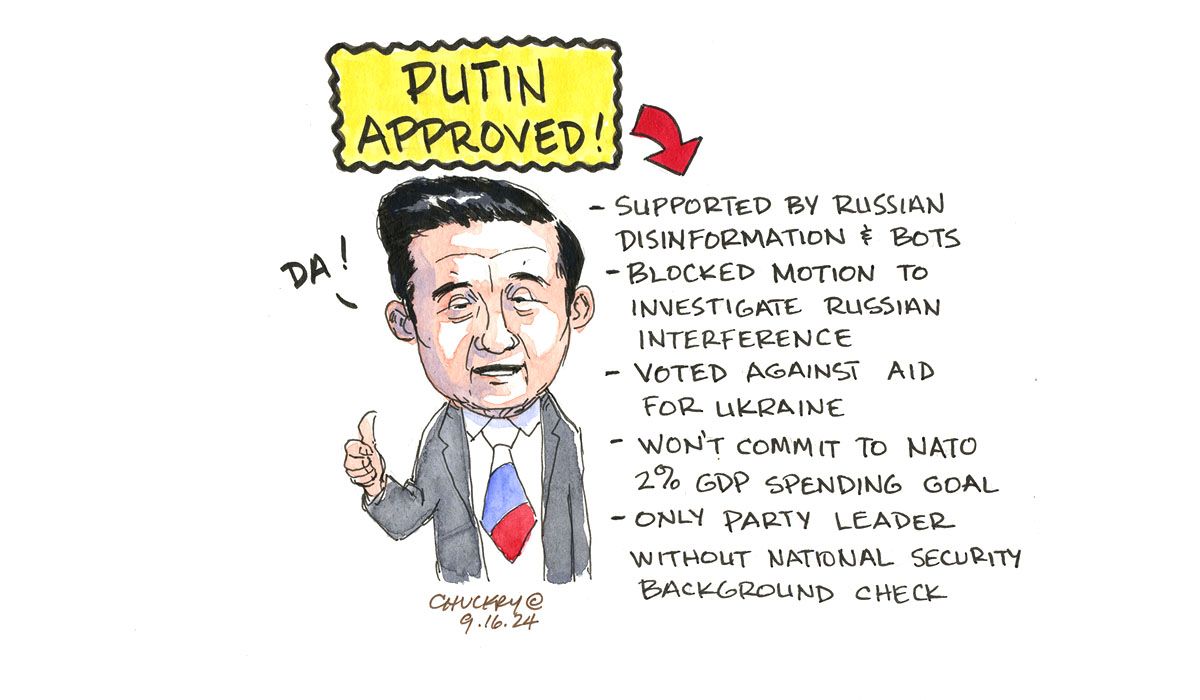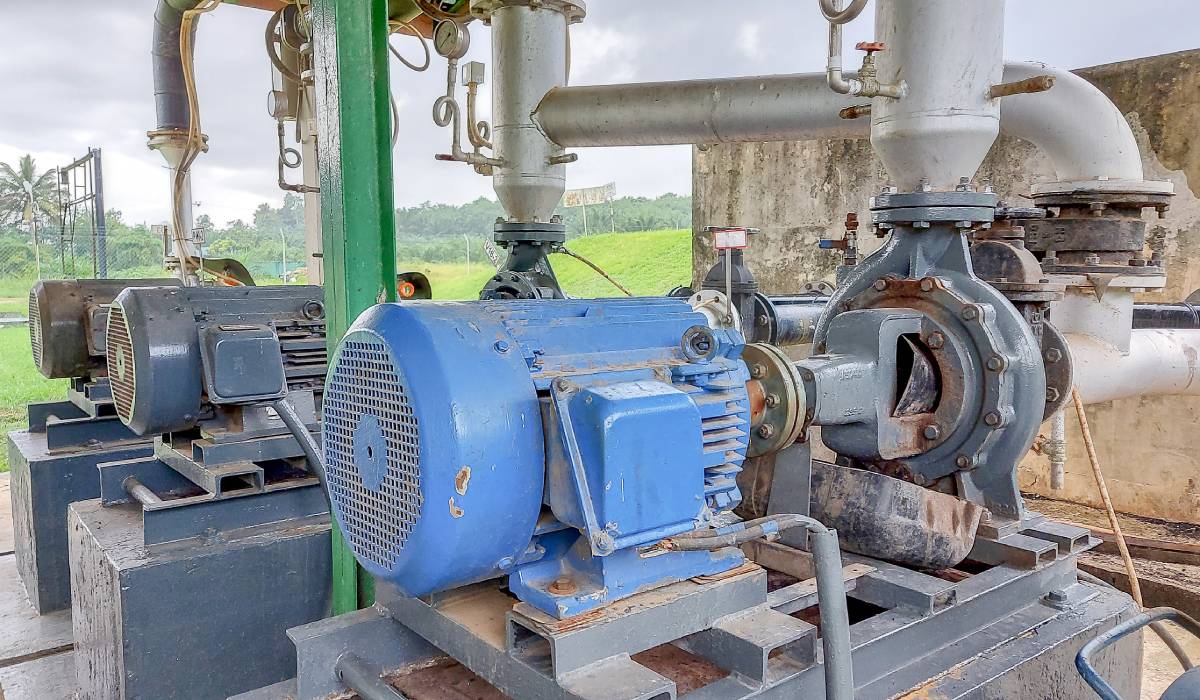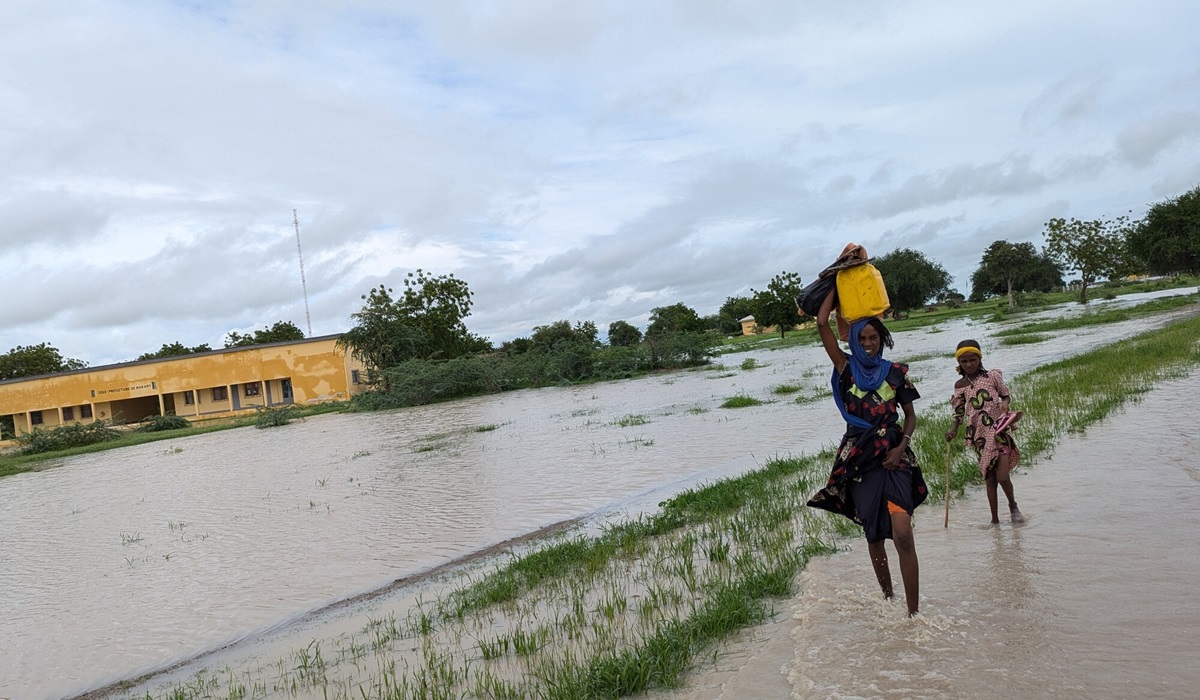Image Credit, Martina Janochová
Burkina Faso’s recent move to nationalize the Boungou and Wahgnion gold mines marks a significant turning point in its struggle for economic independence. The West African nation struck a deal to acquire the mines for $80 million, a stark contrast to the $300 million price tag agreed upon last year when London-listed Endeavour Mining sold them to Lilium Mining. Under the new agreement, Lilium will transfer ownership to the state, which will pay Endeavour $60 million in cash, along with a 3% royalty on up to 400,000 ounces of gold sold from Wahgnion—a provision valued at approximately $20 million.
The deal highlights the gap between what foreign companies value the country’s natural resources at and what the government is now willing to pay. Nationalizing these mines signifies a reclaiming of control over the wealth that has long enriched foreign companies while offering little benefit to the local population. The move is not just about securing economic benefits; it represents a broader shift toward sovereignty and self-determination.
Led by President Ibrahim Traoré, the country is turning away from years of foreign domination, particularly by France, which has historically wielded significant influence over its leadership. This act of nationalization marks a break from that legacy, as the nation seeks to ensure its natural wealth benefits its citizens rather than external corporations.
However, this bold move comes with risks. Traoré, already the target of numerous assassination attempts, faces increased danger. While Western nations deny any involvement in the attacks, many suspect a connection, noting the suspicious flow of weapons and financial support to rebel groups. These destabilizing forces are widely believed to be backed by those with vested interests in maintaining control over the region’s resources.
Despite these threats, Traoré’s leadership has inspired hope among the people, who see this as the first time in decades that the nation is taking control of its future. By reclaiming the gold mines, the government aims to use the wealth generated to address long-standing issues such as poverty and infrastructure deficits. It is a crucial moment, both for the economy and for political independence.
The nationalization of natural resources has long been a contentious issue. Across the globe, countries that have attempted to reclaim their wealth have faced violent pushback from powerful international interests. The case is no different here, where external forces continue to pose a threat to the government and its ambitions. Yet, for the country, nationalization is about more than just controlling its resources—it’s about asserting sovereignty in a world where powerful nations have often treated African countries as mere pawns in larger geopolitical games.
This push for self-reliance, however, also puts the country in a precarious position. As it builds new alliances beyond traditional Western spheres of influence, it must navigate not only internal unrest but also the looming possibility of further external sabotage. History has shown that reclaiming national resources often triggers aggressive responses from those who have much to lose.
Still, the people remain optimistic. Under Traoré’s leadership, they envision a future free from foreign control, where the country’s vast natural wealth can be used to improve the lives of its citizens. Yet, the fight for sovereignty is far from over, and the threats to the president and the country’s stability are as real as ever.









